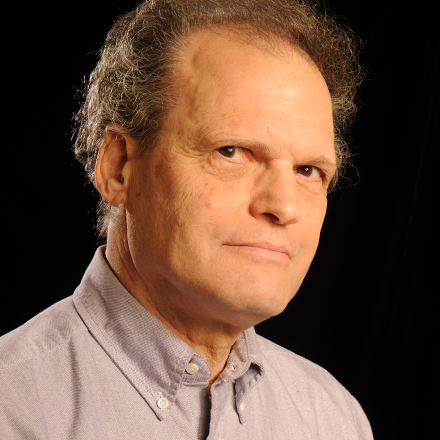Richard Freedman

Research Scientist
Disciplines: Astrophysics
Degree/Major: Ph.D., Astronomy, 1974, University of California, Berkeley
Curriculum vitae: Freedman, R CV2008.PDF
rfreedman@seti.orgThe discovery of extrasolar planets that periodically pass in front of their home stars – producing a mini-eclipse, or “transit” – has tantalized researchers with the possibility that by studying the starlight filtered through the atmosphere of these planets, they might learn what those envelopes of air contain. Astronomer Richard Freedman does the hard work of figuring out what the spectra of these alien atmospheres might be. This is a complex theoretical problem, especially given the high temperatures (often thousands of degrees) that a tightly-orbiting, transiting planet might have.
A consequence of these toasty temperatures is that the spectra will be different from those that one can easily measure in the lab.
Science has entered a new era in the study of planets, when the eight worlds of our own solar system have been augmented by hundreds more around other stars. This tally will continue to increase, and the intricate task of understanding the spectral signature of their atmospheres will eventually tell us how planets – of many types – are formed.
see ADS for list of publications
Astronomical and some laboratory spectroscopy. Calculation of absorption coefficients and model spectra for brown dwarfs and extra
solar planets.
